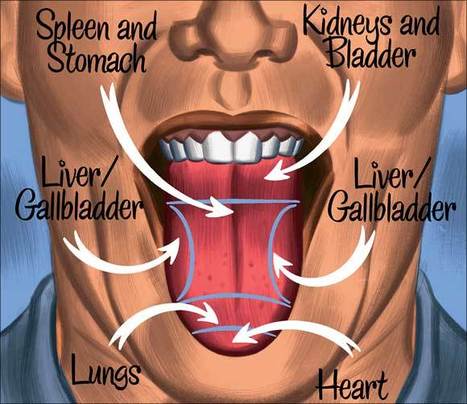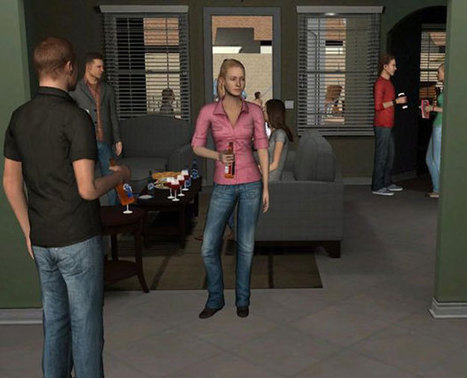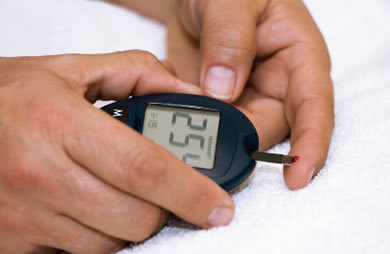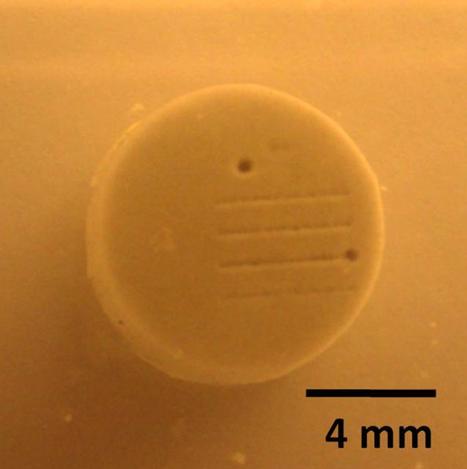This is the world's 1st app-controlled prosthetic hand, and it will change a lot of lives. The user can control the hand's movement with an iPhone/iPad app.
Get Started for FREE
Sign up with Facebook Sign up with X
I don't have a Facebook or a X account

 Your new post is loading... Your new post is loading...
 Your new post is loading... Your new post is loading...
Wonji's curator insight,
November 6, 2014 8:48 PM
OMG. Maybe that's how I developed well. I got the secret of my intelligence. lol

Roberto Insolia's curator insight,
December 18, 2012 1:48 AM
Un innovativo micro-supporto consente di catturare singole cellule tumorali, libere nel sangue; è poi possibile liberarle, conservandole perfettamente integre, in modo da studiarne le caratteristiche a livello molecolare.
Maria Drohan's curator insight,
October 8, 2013 11:49 AM
I loved this article, it was very interesting. I found it very interesting reading about the characteristics of music that are also very important and effective in music therapy such as the tempo, rhythm and volume of the music. This can be carefully controlled in order to maximize a huge positive effect that music can have on the brain weather conscious or unconscious.
|

Sandys VR's curator insight,
April 24, 2013 2:37 AM
This is nothing new but a very 'traditional' use of VR. Cue reactivity and addiction treatment are a very common application. At least in the field of psychology. I wonder why the author of this article calls it a 'twist' to VR?! 
Sandys VR's comment,
April 24, 2013 2:58 AM
I think I've just picked a very off article. It's been in the news for a while and this one I guess is one of the strangest I've read so far. Don't wanna put all of them on this page though. Maybe sometimes it's good to read a negative example ;)

Luis Carlos Peña Gordillo's curator insight,
November 4, 2013 1:51 AM
Análisis psicológico de las casas de crack usando realidad virtual.

David Perry's curator insight,
May 24, 2013 1:38 PM
Good news! The problem is some people's idea of religion is moving forward on automatic pilot without developing their own spirituality. |



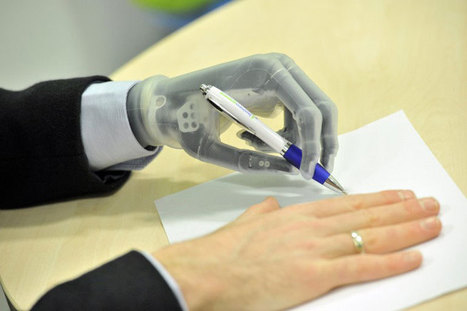



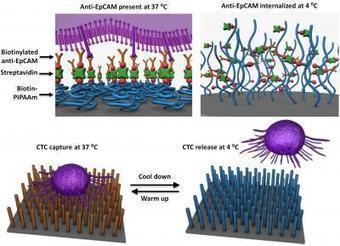







![[VIDEO] Finding Your Science: Nap Time! | Science News | Scoop.it](https://img.scoop.it/cKVuSbwPYDLFCLUlH0rARzl72eJkfbmt4t8yenImKBVvK0kTmF0xjctABnaLJIm9)
